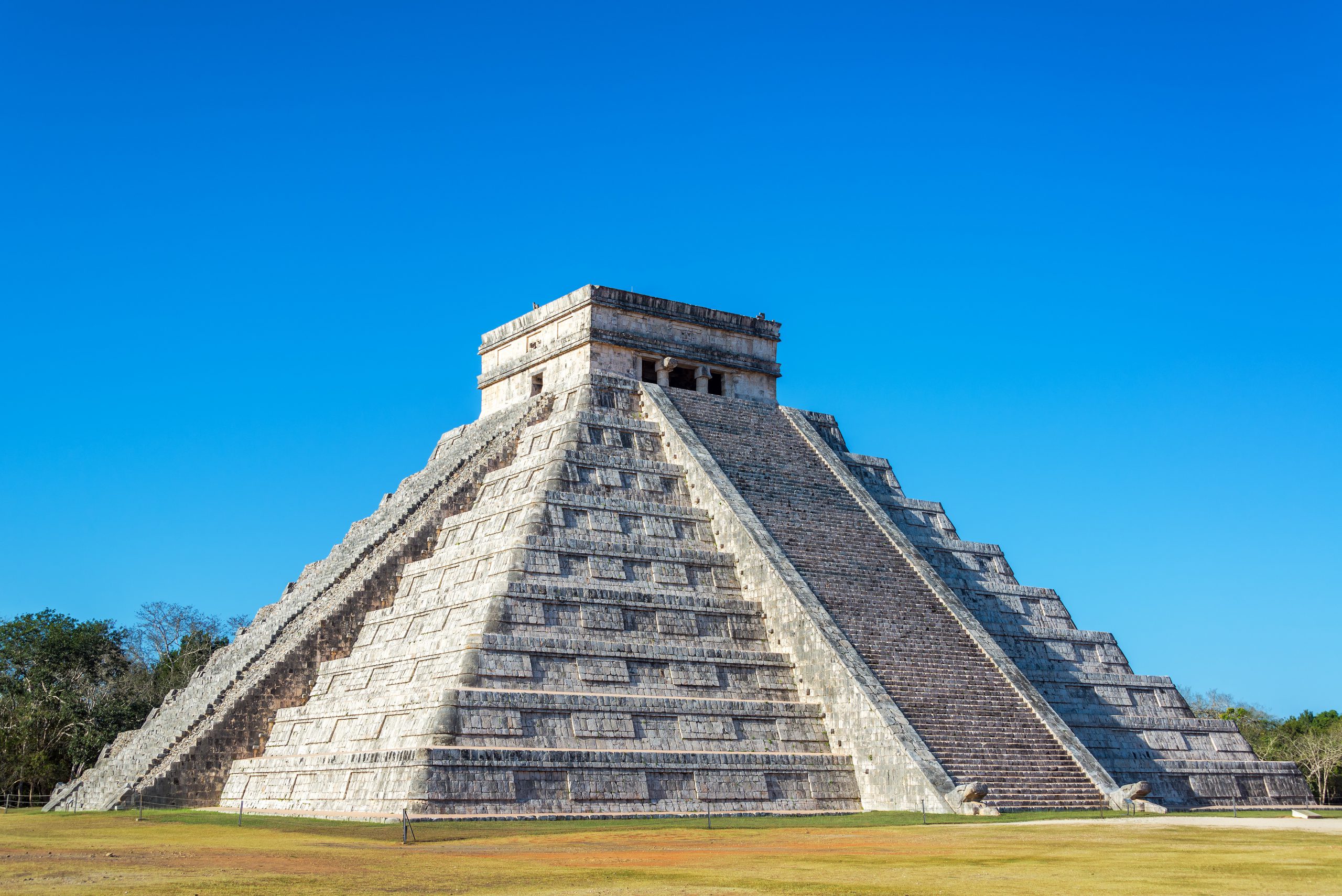When I think about the evolution of storytelling, I often find myself captivated by how movies have become such an integral part of how we perceive and interact with the world. From early silent films to today’s digital spectacles, the cinematic experience has continuously shaped our collective consciousness, reflecting and, at times, redefining our reality.
Growing up, I remember my first encounter with a movie that truly captivated me. It was a simple family film, but it transported me to a world far beyond the confines of my living room. I was there, alongside the characters, living their adventures, feeling their fears and joys. That’s the magic of movies: they allow us to experience a multitude of lives, all from the comfort of our own seat.
The beauty of films lies in their ability to convey complex narratives in a way that’s accessible to everyone. They don’t just tell stories; they show them, immersing us in vibrant visuals and compelling soundscapes. This sensory engagement allows films to evoke powerful emotions and inspire empathy. It’s why we find ourselves rooting for the underdog, feeling the sting of unrequited love, or cheering a hero’s triumphant return. Movies make us feel alive, reminding us of our shared humanity.
Take, for instance, the impact of socially conscious films. Movies like “Philadelphia” and “Selma” have not only entertained but have also sparked significant conversations about social justice and human rights. They have the power to challenge our perspectives and encourage us to reflect on our beliefs and behaviors. By shining a light on different cultures, struggles, and triumphs, films can foster understanding and compassion in ways that few other mediums can.
In today’s digital age, the evolution of storytelling through movies continues to accelerate. With the advent of streaming services, virtual reality, and interactive films, our engagement with stories is becoming increasingly immersive and personalized. These technological advancements allow filmmakers to experiment with narrative structure and storytelling techniques, offering viewers a more dynamic experience. This evolution is not just about the advancement of technology but about expanding the ways in which we can connect with stories—and, by extension, each other.
As movies continue to evolve, they remain a mirror reflecting the complexities and nuances of the human condition. They remind us of our potential for greatness as well as our capacity for self-destruction. They prompt us to question, dream, and aspire.
Ultimately, movies shape our reality by influencing how we see ourselves and the world around us. They remind us that, while our individual stories are unique, we are all part of a larger, interconnected narrative. As we continue to watch, create, and discuss films, we’re not just consuming entertainment; we’re participating in a shared cultural experience that has the power to inspire change.
So next time you watch a movie, take a moment to think about the story it tells and the reality it shapes. Consider what it says about our world and what it can teach us about ourselves. In doing so, we might just find a little more connection, understanding, and hope in our own lives. And that, to me, is the true magic of movies.




